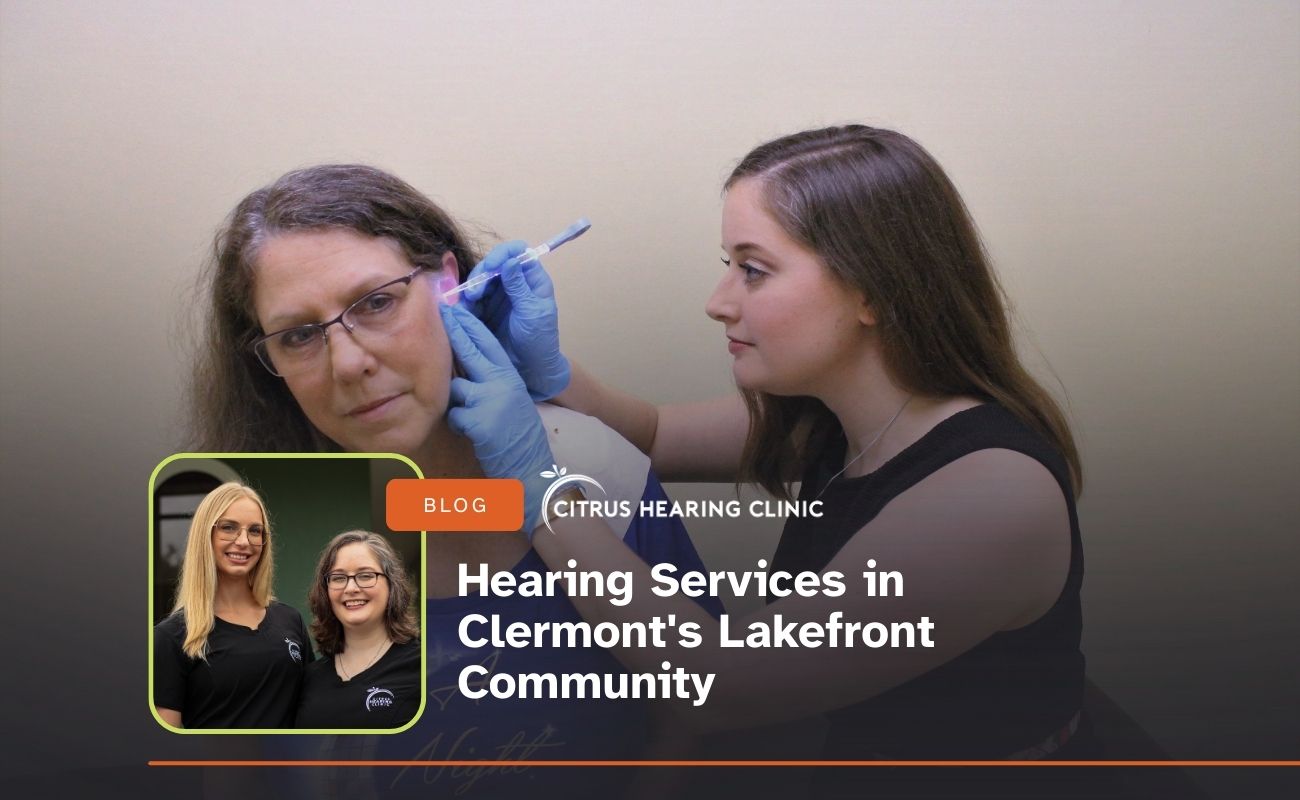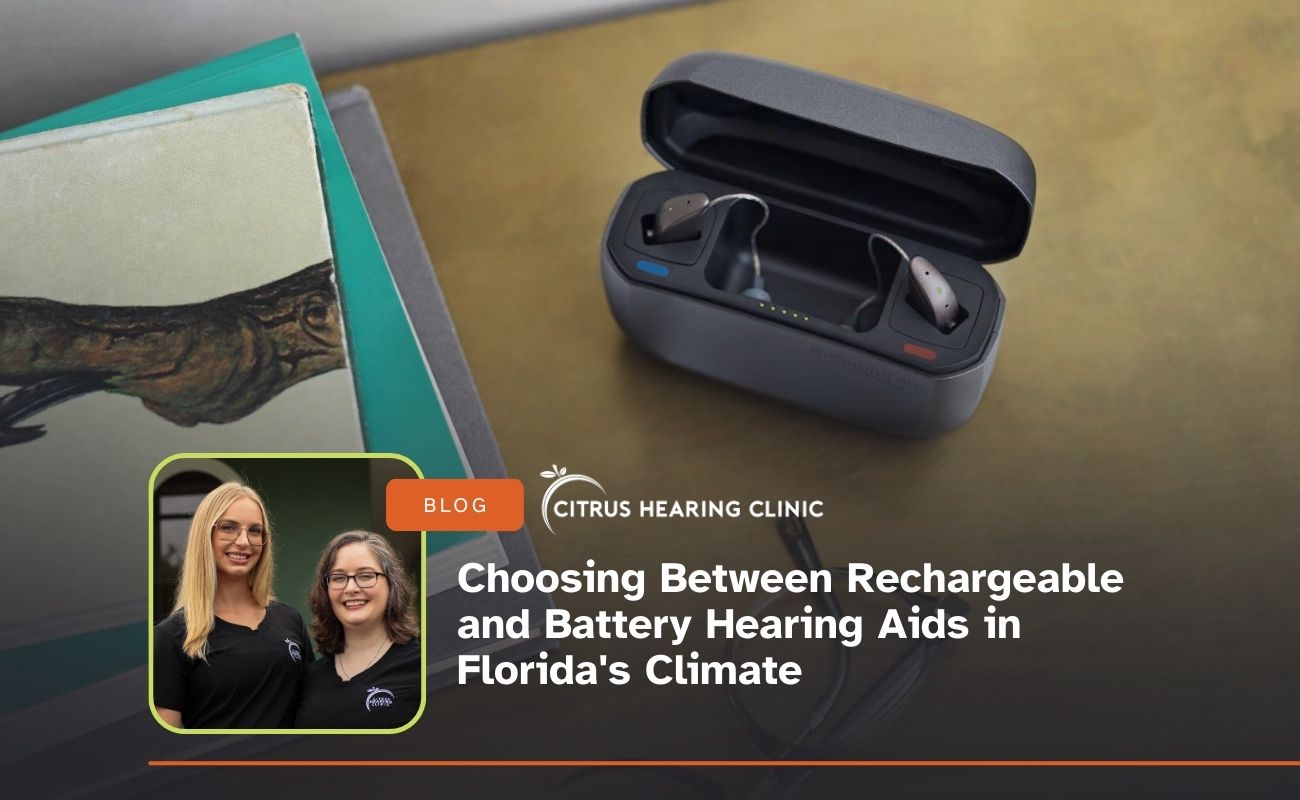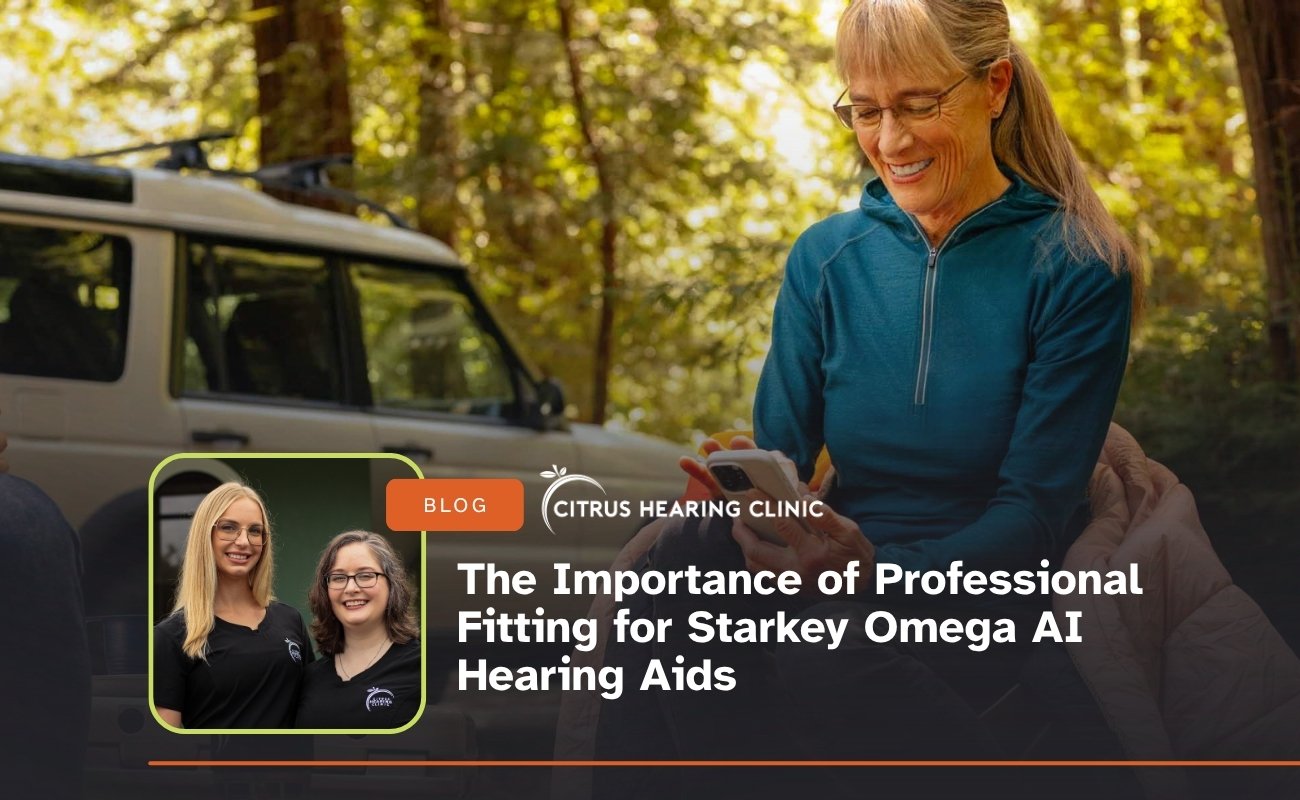Why Audiology Needs National Practice Standards
.jpg)

For the past four years, I've had the privilege of serving on the Board of Directors for the Audiology Practice Standards Organization (APSO). I truly cannot say enough good things about this group and the people we serve. The work this organization has done and is doing is vital to the Audiology profession.
The Foundation We Never Built
I entered the field after the transition from a Master's to a Doctorate-level degree in Audiology. While that shift elevated our education, some foundational steps—like establishing minimum care standards—were overlooked. This ensures that all providers are doing what they need for their patients, and it ensures patients are getting an appropriate level of care.
I can't go back and change the past, but I can help to work for our future. Our larger organizations have huge wish lists. Their "to-do" list is miles long, and they have to focus and prioritize different missions. APSO is an apolitical organization that has ONE goal: to define minimum care standards. It's easy to look back with hindsight and be critical, but harder to roll up your sleeves and get to work. Whatever I may wish had been done before now is a moot point. It's easy to say, "I wish someone would do something." But I've chosen to say, "I am someone—and I will do something."
Before we can define "Best Practices" or "Gold Standard" care, we must first establish the minimum standards. You can't raise the ceiling without laying the foundation.
Why Standards Matter Now More Than Ever
This is such an important piece, especially now that the Audiology interstate compact is coming into effect. This will allow Audiologists who are licensed in one state to have reciprocity and practice telehealth across state lines. While this will ensure better access to specialty care for patients in rural areas, we want to make sure that all states are holding providers to similar standards. Having a national minimum care standard that state boards can point to will make their job much easier.
I love Audiology, and I desperately want to see my colleagues receive the respect they deserve. Right now, Medicare classifies us as little more than "equipment dispensers," even though we have the same level of education as other limited licensed practitioners. If we eventually want Medicare to someday cover hearing aids, then we need Audiologists to be recognized as doctoring level professionals in their own right. For us to get legislation like the Medicare Audiology Access Improvement Act (MAAIA chooseaudiology.org), we need to show politicians and legislators that Audiology is held to the same rigorous standards as other doctoring level professionals.
A Unifying Force for All Audiologists
APSO is a tremendously unifying force. APSO is by and for ALL Audiologists. The membership and board makeup has Audiologists from academia, the VA, hospitals, hearing conservation, industry, private practice, educational settings, research and more. If you practice in the field of Audiology, this organization serves you and is for YOU.
How APSO Creates Standards: A Rigorous Process
The process of publishing a standard takes about a year and includes:
- Board identifies topics, votes then votes on prioritization
- Subject matter experts are assembled, then two working groups are formed—one for research, one for review
- Research group creates proposal for standards based on evidence
- Review working group then reviews processes, either sends back to research for rework or moves to next step
- Ethics and legal review—ensures that a potential standard is both ethical, and legal and enforceable in all 50 states
- Sent for public comment and revision—it's either returned to the committee to start processes again or forwarded to the Board
- Final board review and vote, if approved, it is then published
This process is rigorous, but necessary. Except for the lawyers, everyone is a volunteer. Time is a valuable commodity. The APSO is made up of dozens of experts who volunteer their time and expertise to help make our profession better.
Moving Forward Together
Leading APSO this past year has been an honor. As new leaders step forward, I'll continue to support this mission with my time and resources. I hope you'll join me in building a stronger future for Audiology.
- Dr. Laura Pratesi, AuD
Other Blogs
Contact us
Clinic Location
Clermont, FL 34711
Opening Hours
Saturday - Sunday: Closed






